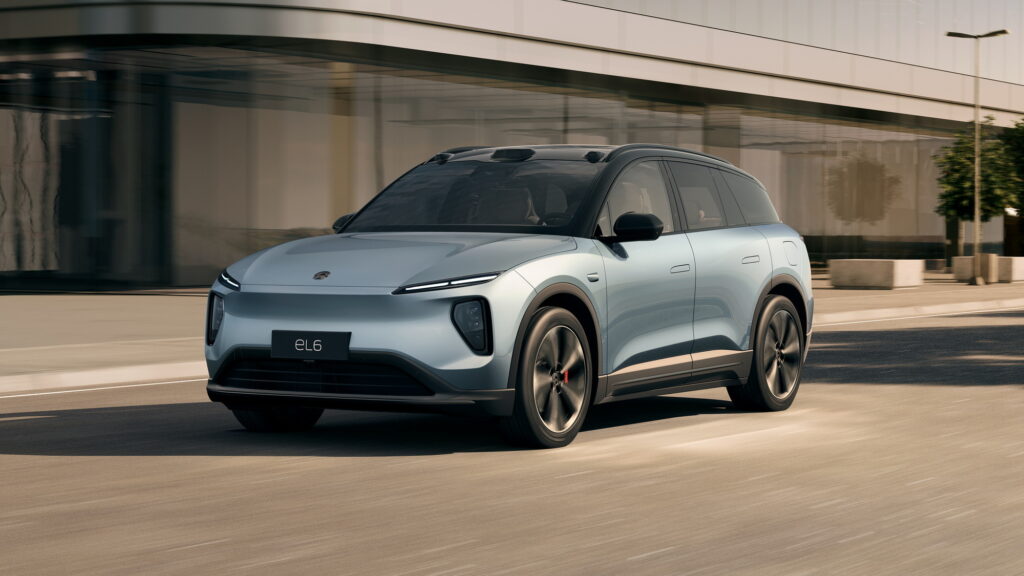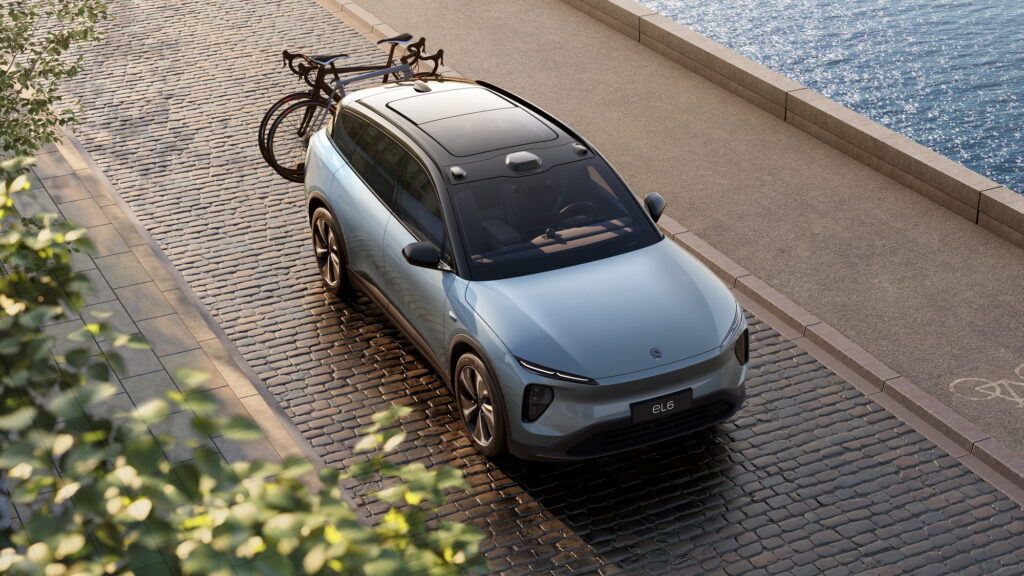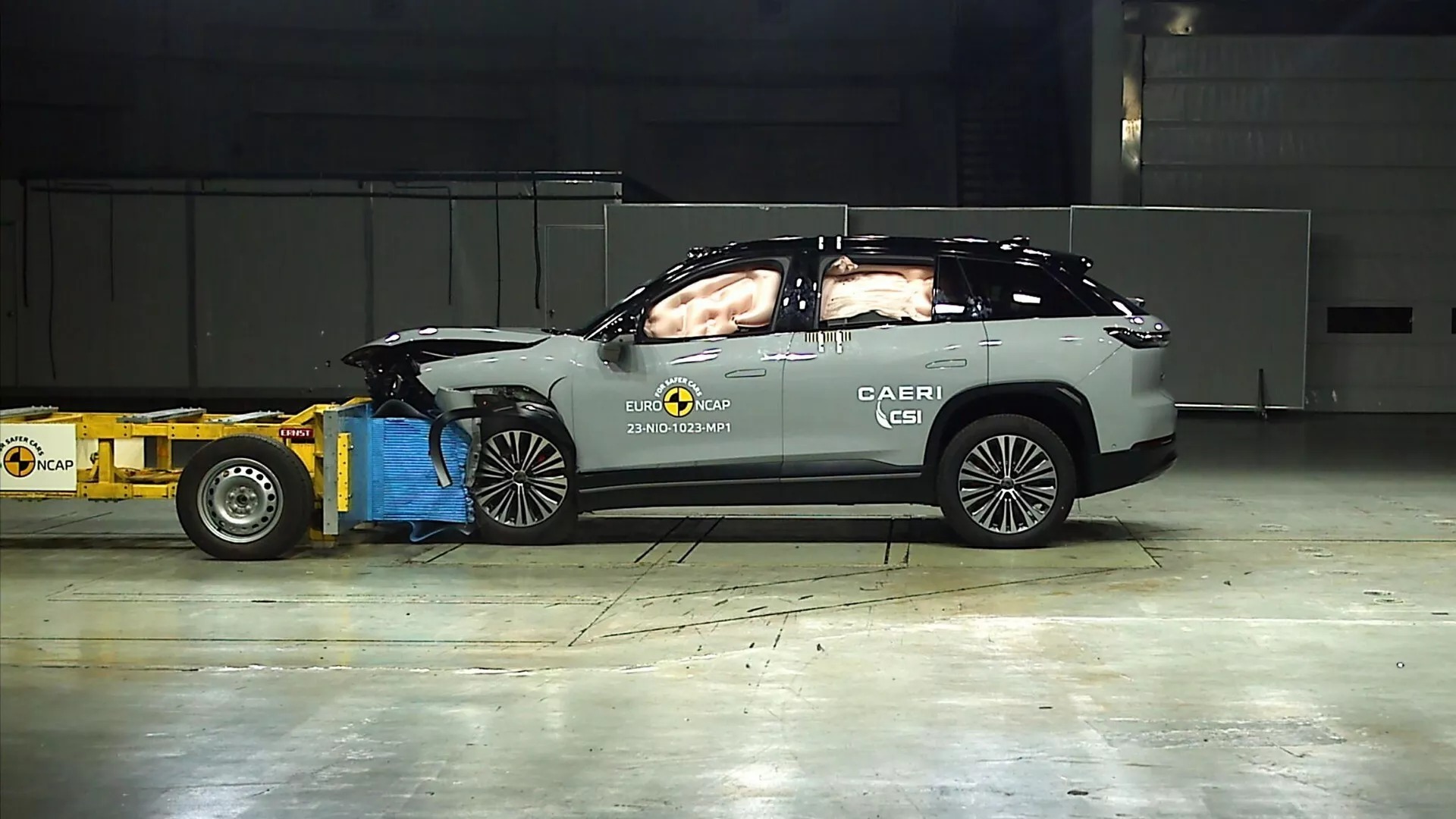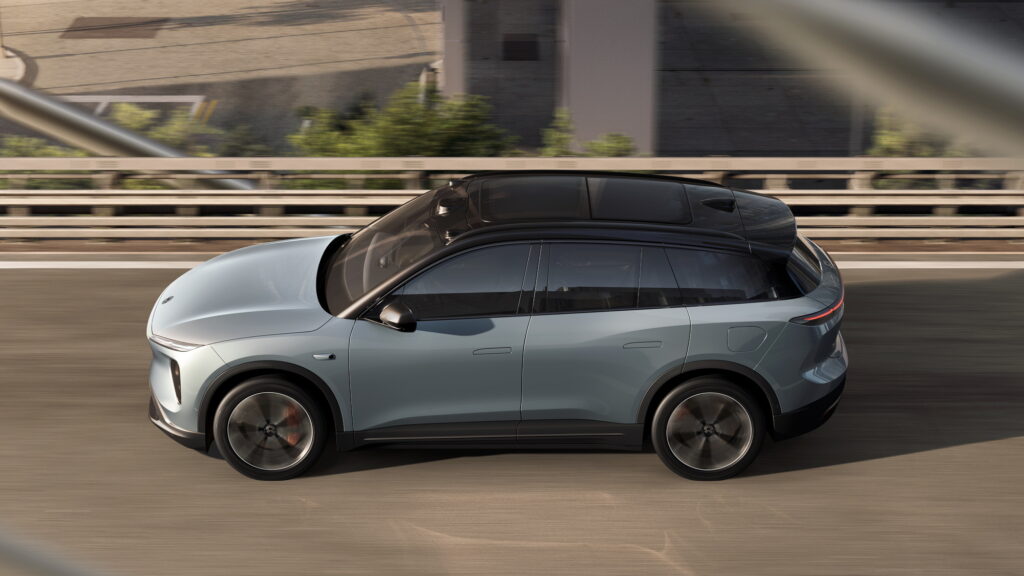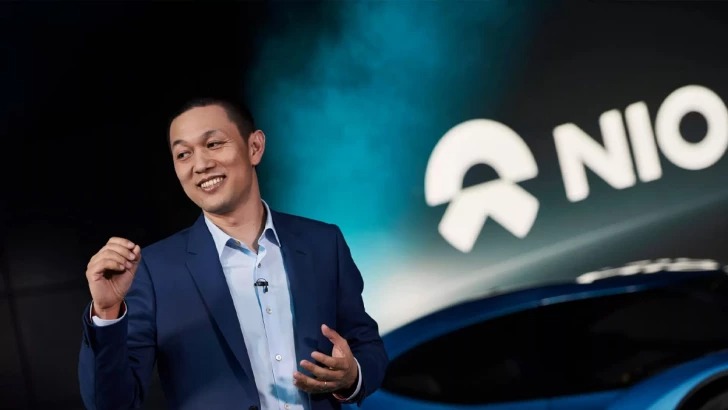After a wait of two and a half years, NIO, the Chinese electric vehicle (EV) manufacturer, is finally ready to introduce its much-anticipated 150 kWh solid-state battery pack. The company has updated its digital user manuals to include specifications of the solid-state pack, which will debut in the upcoming ES6 SUV. This development aligns with recent announcements from NIO’s CEO, who promised Chinese customers the option to choose the high-capacity pack as early as this month.
The initial revelation of NIO’s 150 kWh pack took place during the company’s 2020 NIO Day event in January 2021. The pack utilizes solid-state battery cells designed in a configuration similar to the company’s existing lithium-ion cells. NIO claimed that this innovative pack could provide a range of 1,000 kilometers (620 miles) on a single charge.
Like other solid-state battery technologies that have been discussed in recent years, full-scale commercialization has always seemed a couple of years away. While numerous battery developers have introduced and showcased less volatile and more energy-dense technologies surpassing traditional lithium-ion chemistry, only a few have managed to scale up their production to achieve cost parity with current standards.
NIO has faced its share of setbacks in implementing the new solid-state pack in its EV lineup, leading many to dismiss its prospects altogether. However, in May of this year, the automaker filed a document with China’s Ministry of Industry and Information Technology (CMIIT), indicating its intention to equip three existing EV models with enhanced battery capabilities from solid-state battery developer WeLion.
During the unveiling of NIO’s ES6 in late May, it was revealed that this SUV would be the first among the three models to offer the optional 150 kWh solid-state pack to customers. The latest information from NIO’s customer manual provides specific details about the new pack, giving hope that it may indeed be rolled out this July.
According to details highlighted in NIO’s EV user manuals, the 150 kWh solid-state pack is slightly heavier but significantly more energy-dense compared to the current 100 kWh lithium-ion pack supplied by CATL. The solid-state pack weighs 575 kilograms (1,268 pounds), which is 20 kilograms (44 pounds or 3.6%) more than the 100 kWh packs (555 kilograms). Moreover, the new pack boasts an energy density of 261 Wh/kg, a remarkable 44.44% higher than the 180 Wh/kg offered by the 100 kWh lithium-ion pack.
Despite its higher density, the 150 kWh pack maintains the same dimensions as its 100 kWh predecessor, with a length, width, and height of 2,062 mm, 1,539 mm, and 185.6 mm, respectively. This consistency facilitates a smoother transition to production vehicles.
WeLion, the solid-state battery manufacturer for NIO, officially announced in a press release on July 1 that it has begun delivering the 150 kWh packs to the EV automaker since June 30. The two companies have signed an annual order, although the exact size of the order was not disclosed.
While solid-state batteries are expected to be incorporated into at least three NIO EVs, it seems that customers who reserved an ES6 (or EL6 in the EU) may be the first to enjoy the benefits of extended range. The chairperson and CEO of NIO revealed that the ES6 equipped with the 150 kWh pack will offer a range of 930 kilometers (577 miles) on a single charge.
Although this falls short of the promised 1,000 kilometers, it is important to note that SUVs are typically less aerodynamic than sedans. Therefore, it is likely that another NIO EV, such as the ET5, will achieve the centennial mark in terms of range. As we eagerly await the official release of the 150 kWh pack for NIO customers, we remain curious to see which model(s) will be the first to receive it.

